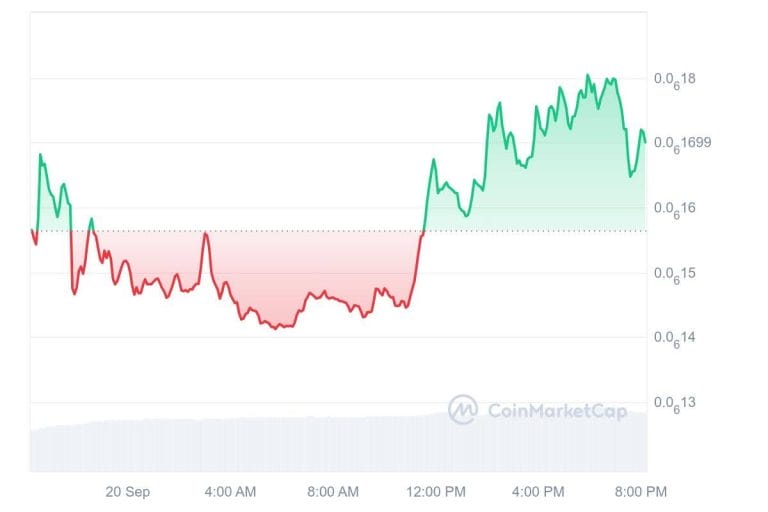Last updated:
 Why Trust Cryptonews
Why Trust Cryptonews

In a bold testimony before the U.S. House Financial Services Subcommittee on Digital Assets, Daniel M. Gallagher, the Chief Legal Officer of Robinhood and a former commissioner of the U.S. Securities and Exchange Commission (SEC), criticized the regulatory agency’s approach to crypto regulation.
Gallagher accused the SEC of mishandling its regulatory responsibilities, particularly regarding digital assets, and pointed out how Robinhood’s efforts to comply with the rules were met with silence and threats of enforcement.
Robinhood’s Repeated Attempts for Regulatory Clarity: SEC Was “Largely Non-Responsive”
According to Gallagher, Robinhood engaged with the SEC over a dozen times in meetings and calls spanning 18 months. The goal was simple: to clarify how to register its cryptocurrency offerings under SEC guidelines.
However, despite these efforts, the SEC’s staff remained largely non-responsive, offering little to no feedback that could help Robinhood understand how to move forward.
This prolonged period of uncertainty culminated in the SEC issuing a Wells Notice to Robinhood, signaling a potential enforcement action.
The Wells Notice, Gallagher said, was a major blow to Robinhood, considering the company’s repeated attempts to engage with the SEC in good faith.
Rather than providing guidance, the SEC chose to threaten legal action, which left Robinhood—and many other crypto companies—operating in fear of future lawsuits rather than with the certainty of clear regulations.
Fox News journalist Eleanor Terrett tweeted about Gallagher’s testimony.
Terrett’s tweet was the first to illuminate the frustrations many in the industry feel regarding the SEC’s approach to crypto regulation.
Gallagher pointed out the irony of the SEC’s approach, explaining that rather than fostering innovation and protecting consumers, the agency’s tactics are driving blockchain and crypto projects out of the United States.
He emphasized that Robinhood has always operated under regulated means and has been transparent in offering its crypto trading services to consumers in more than 50 U.S. states.
Despite this, the lack of a clear, provisional regulatory framework for digital assets is forcing companies to seek regulatory clarity overseas, where they can operate without the constant fear of enforcement actions.
Outright Criticism of the SEC’s Approach to Enforcement
In his testimony, Gallagher took direct aim at the SEC’s “scorched earth” approach, which he argued is doing more harm than good for both consumers and innovators in the blockchain space.
He explained that the SEC’s reliance on enforcement actions, rather than proactive rule-making, is stifling innovation in the U.S. digital asset industry.
Without clear guidelines, companies like Robinhood are left guessing about what might trigger an enforcement action, which hinders their ability to develop new products and services for the market.
Gallagher also pointed to the upcoming U.S. 2024 election. He highlighted how digital assets have become a major topic of debate, with more than 50 million Americans investing in Web3.
He warned that the SEC’s current stance could have significant implications for both the industry and American consumers, especially if regulatory clarity continues to lag behind innovation.
Despite these challenges, Gallagher expressed optimism that Congress could intervene and establish a clear framework for the crypto industry.
He emphasized that the SEC already has the authority under Section 36 of the Securities Exchange Act to create a provisional regulatory regime for digital assets, yet it has chosen not to do so.
Instead, the SEC continues to pursue an enforcement-driven approach, which Gallagher said only further confuses market participants and deters innovation.





